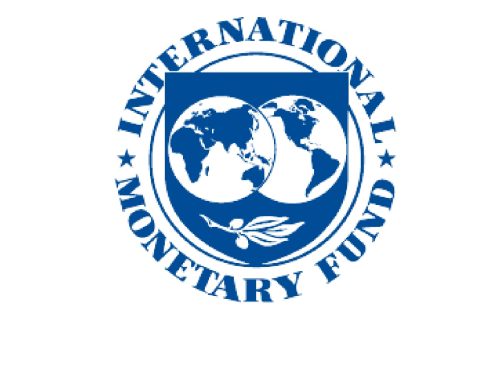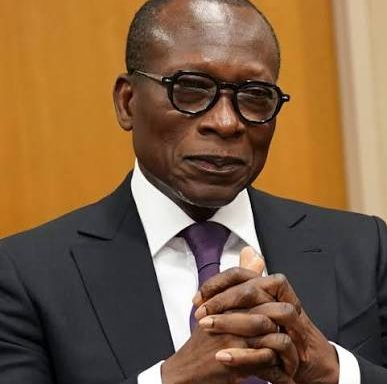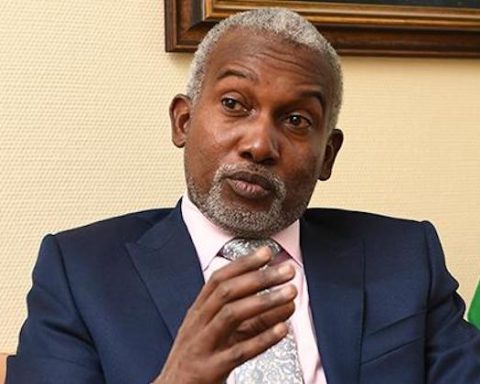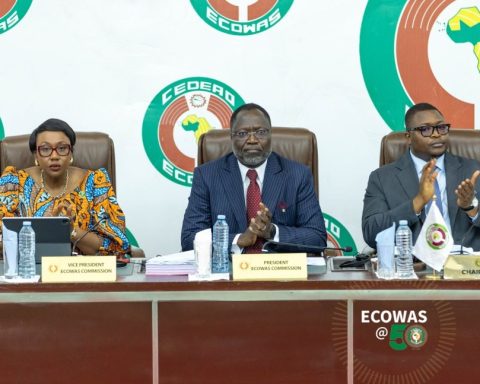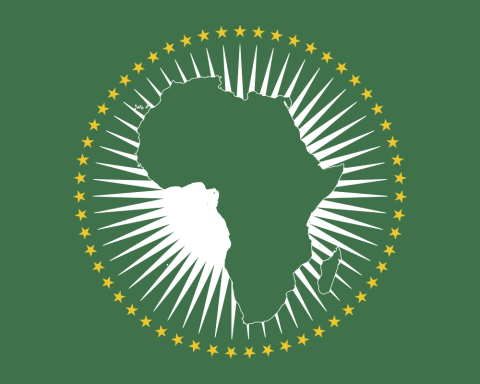Zambia has obtained US$184 million from the International Monetary Fund (IMF), after the Fund’s Executive Board completed the fifth review under its 38‑month Extended Credit Facility (ECF) arrangement. This latest tranche brings total disbursements since August 2022 to around US$1.55 billion.
The ECF is the IMF’s principal support instrument for low‑income countries. It offers long-term, concessional finance—typically repayable over a decade—with structural reforms aimed at stabilising economies and restoring fiscal and debt sustainability. Zambia’s programme, launched on 31 August 2022 for roughly US$1.3 billion, was expanded in June 2024 to around US$1.7 billion following deep drought‑related economic strain.
Join our WhatsApp ChannelAccording to the IMF, completing the fifth review depended on Zambia satisfying quantitative fiscal targets and governance reforms set under the Eighth National Development Plan.
The IMF mission chief, Mercedes Vera Martin, said: “The Zambian authorities and the IMF team reached a staff‑level agreement on economic policies and reforms for the Fifth Review under the ECF arrangement. … Growth momentum is expected to continue in 2025, with real GDP growth projected at 5.8 percent.” She added, “The Zambian economy demonstrated resilience in 2024, despite a severe drought and global headwinds. Real GDP growth is estimated at 4 percent in 2024—up from 1.2 percent projected at the time of the Fourth Review.”
As of March 2025, Zambia’s outstanding balance under the ECF stood at around US $1.4 billion, placing it in a mid-tier position among African IMF borrowers—higher than Malawi or Burundi, but well below Ghana or Angola.
Zambia’s Finance Minister Dr Situmbeko Musokotwane described the disbursement as a clear nod to Zambia’s reform progress. He stated previously that the IMF board’s approvals “recognise the progress Zambia has made” and reaffirm the government’s commitment to fiscal and debt sustainability, social protection, and inclusive growth.
For ordinary citizens, IMF funding ensures that Zambia can continue financing essential public services—health, education, and social protection—without resorting to expensive short-term borrowing or cutting priority programmes. It also underpins the government’s broader effort to strengthen tax systems, public expenditure oversight, and governance frameworks.
Nonetheless, analysts caution that delays in agreements with smaller creditors—including Afreximbank—pose a risk to the debt sustainability path. While restructuring deals with major bilateral creditors and Eurobond holders have eased Zambia’s debt burden, full fiscal restoration hinges on finalising deals with all creditors
Completion of the fifth IMF review sends a potent signal to investors and development partners that Zambia remains committed to disciplined macroeconomic management and structural reform—a crucial message as the country transitions from crisis toward recovery.


